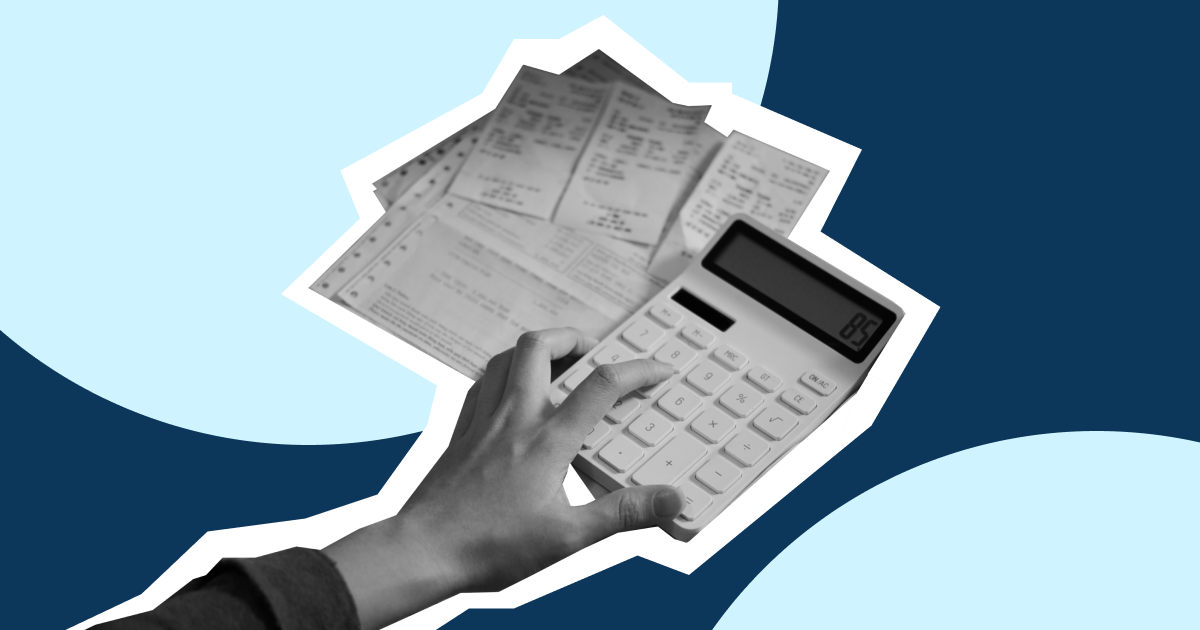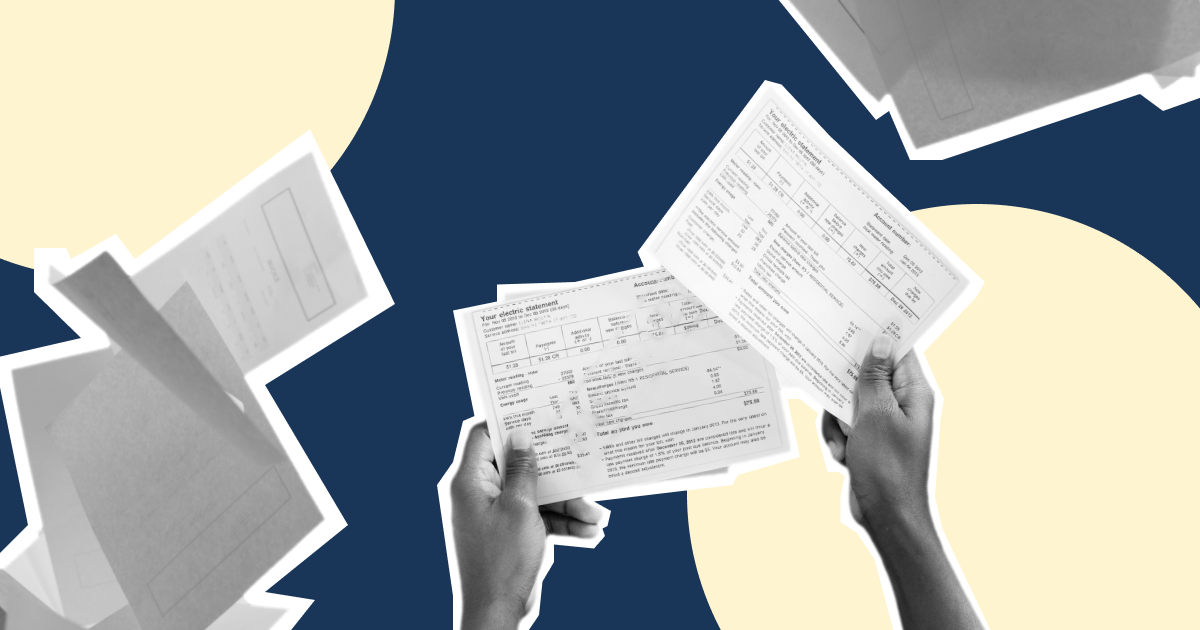Summary
The Inland Revenue Authority of Singapore (IRAS) charges tax on various incomes earned in Singapore. While an employed citizen would pay income tax, businesses must pay myriad taxes to operate within the country. One of these is the Goods and Services Tax (GST).
What is GST in Singapore?
Many countries levy value-added tax on goods and services produced within their own territory. GST Singapore is an equivalent of that. It is an indirect consumption tax that businesses charge on every sale and then pay to the IRAS. So, if you are a GST-registered business, you will have to charge GST on your final bill to customers and then make a total payment to the IRAS when you file taxes.
Singapore GST was implemented on April 1st, 1994, across the country. It was done to establish a steady revenue base for the government while simultaneously reducing personal and corporate taxes.
List of Taxable and Non-Taxable Goods
Goods and Services Tax or GST in Singapore applies to certain classes of goods and services. A particular section of goods and services attracts zero tax or is exempt from the tax.
Any goods that are locally produced will attract GST in Singapore. For instance, a shoe manufacturer selling shoes in Singapore will have to pay GST. Services that are locally rendered will also attract GST. Spa and salon services, consultancies assisting companies in Singapore, etc., will have to pay GST.
If you are a GST-registered company, you must include GST in the invoices that you raise. Aspire's invoice tool can help you raise GST-compliant invoices.
Non-taxable items in Singapore are classified into three types:
Zero-rate supplies
According to Section 21(3) of the Goods and Services Act, Singapore, certain goods and services are classified as zero-rate. They attract 0% GST. Any goods that are meant for export fall under this category. For instance, if a manufacturer exports television sets, these TVs will not attract GST. Similarly, international services provided to overseas clients are also exempt from GST. Any input tax paid on these goods and services is claimable when filing taxes.
Exempt supplies
GST is not chargeable on exempt supplies. Supplies exempt from GST include financial services such as setting up a bank account or issuing a loan, supply of digital payment tokens including exchanging fiat currency for digital tokens, import of investment precious metals, and sale and lease of residential properties.
Deemed supplies
If you provide any goods or services as gifts or samples to clients or customers, they are considered deemed supplies on which GST is not applicable. When you give gift items for free, you will still need to account for output tax. There are two ways to do this: you can pay the output tax and then claim it when filing returns. You can also have the recipient pay the input tax, which they can claim later if it satisfies the conditions for input tax claim.
How Does GST in Singapore Work?
Singapore GST is charged on all goods and services produced and sold within the country. When looking at GST, there are two aspects to consider – the GST that you charge to customers, i.e. the output tax, and GST that you pay, i.e. input tax.
Just as you charge GST on goods and services sold, you will also have to pay GST on any purchases or services you hire for your business. The good part about input tax is that it is claimable as a business expense when you file your taxes with the IRAS.
When you pay IRAS GST, you pay the net amount. For instance, let's assume you have collected S$2,000 as output tax from your customers. On raw materials and services you have consumed for business, you have paid S$1,500. The difference of S$500 is what you owe to IRAS as GST.
If you pay a higher input tax than what you have charged to customers, the IRAS will pay you back. For instance, if your output tax was S$1,500 and your input tax was S$2,000, then the IRAS would owe you S$500 and pay it back after you file taxes.
Net GST = Output Tax – Input Tax

What Are The Implications Of GST On Business?
If you are a company with a revenue of more than S$1 million, you must pay the IRAS GST compulsorily. The primary implication is the additional expense you will have to collect GST and pay as tax. When filing income tax returns, a GST-registered company with a higher output tax than input tax will have to pay GST to the IRAS. However, if the input tax exceeds the output tax, you will be eligible for a refund.
There are many legalities involved with taxation, and you will have to be careful with them as you pay the IRAS GST.
Singapore's GST Rate
The current rate of GST in Singapore is 7% on all goods and services sold within the country. The GST on exported goods and international services is 0%. There are also non-taxable items under GST, as explained in the section above.
Singapore's GST has been at 7% since July 2007. However, it would be helpful to note that in the Singapore Budget 2022, the government announced that it would be hiking GST rates in the country to support the growing ageing population.
The government announced that it would be increasing GST from 7% to 9% in two stages:
- On 1st January 2023, the government will be hiking GST to 8%.
- From 1st January 2024, the GST rate applicable would be 9%.
Historical GST Rates in Singapore
The GST Act Singapore was introduced on April 1st 1994, to help the government collect additional revenues. The rates have been as follows in the past:
Singapore GST Rates (1994 - Present)
- 1st April 1994 – 31st December 2002 - 3%
- 1st January 2003 – 31st December 2003 - 4%
- 1st January 2004 – 30th June 2007 - 5%
- 1st July 2007 – Present - 7%
Does Your Business Need to Register for GST?
GST in Singapore is a self-assessed tax, which means you must continuously assess whether you need to register for GST. You can also register for GST voluntarily. Let's go through the two categories of registration for GST:
Compulsory Registration
If your business is making an annual turnover of more than S$1 million or has been doing so in the past 12 months, you must register for GST. This is called the retrospective basis.
If you believe your sales will grow to exceed S$1 million for the next 12 months, then you need to register for GST. For instance, if you have signed contracts or received any business that you predict will push your annual sales over the threshold, you need to register for GST in advance. This is called the prospective basis.
When you qualify for GST registration, you must register with the IRAS for GST within 30 days. If you fail to submit the application within the allocated time frame, you will be liable to pay penalties. The IRAS has also implemented certain anti-avoidance provisions that ensure companies don't just keep or portray their turnover to be less than S$1 million just to avoid paying GST.
Voluntary Registration
If you are not mandated to register for GST, the government of Singapore still gives you the option to register voluntarily for GST. A company may voluntarily register for GST for various reasons, such as claiming any input tax that they have paid to a GST-registered company.
Certain additional conditions come with registering for GST voluntarily. For instance, once you voluntarily register for GST, you must stay registered for at least two years and comply with all the GST regulations. You must file GST returns quarterly and maintain records for five years at least, even if your business has deregistered from GST. If there are any additional conditions that the tax authority imposes, you must comply with them too.
Exemption from Registration
There are certain conditions under which you can avoid GST registration even if your annual turnover exceeds S$1 million. For instance, if you manufacture only zero-rated supplies, you can apply for an exemption from registration. You can do the same if you manufacture goods purely for export or provide only international services. IRAS will grant the exemption if more than 90% of your total taxable products or services are zero-rated. An exemption may also be given if your input tax is consistently more significant than your output tax. In such scenarios, you could choose to not register for GST to avoid the compliance requirements that come with it and the need to file taxes every quarter.
Deregistration
It is also possible for you to deregister yourself as a GST-registered business if your business shuts down or sales fall below S$1 million in a year. You have to submit an application to the IRAS, supported by any other documents required, before 30 days prior to the date you want to stop being a GST-registered company. For instance, if you want to stop being a GST-registered business from June 1, 2022, you will need to submit the application to IRAS before May 1, 2022.
Check If You Are Required to Register for GST Using the GST Calculator
As per GST Act Singapore, you must register with the IRAS for GST if your annual turnover exceeds S$1 million. However, since there are certain exemptions to registering for GST, you may want to ensure that you are mandated to register.
You can use the GST calculator on the IRAS website to determine if you are required to register for GST. This GST calculator for Singapore shows whether you need to register for GST after 2019. If you want to check for a period before that, you need to use this GST calculator.
How to Register for GST in Singapore?
You can register for GST either online or offline. To apply online, you must submit your application via the myTax Portal using your CorpPass. You will also need to submit supporting documents that are required.
If you are applying for voluntary registration, you will also need to submit a GIRO application form and proof of completing the e-learning course. It can take about 10 working days to process the registration.
If you are registering offline, submit a Singapore Goods and Services registration form (GST F1) and all the required supporting documents to the tax authority. For partnerships, you will have to submit an additional GST F3 form. There are separate application forms for overseas companies, group registrations and divisional registration. The offline process can take up to three weeks for completion.
Once your GST registration is confirmed, you will receive a GST Registration letter containing your GST number, the effective date of registration, filing frequencies, filing due dates and any other applicable special instructions. You will have to file your GST returns electronically.
Should You Register for GST Voluntarily?
If your business does not qualify for compulsory registration of GST, you may still choose to register for GST voluntarily. It may be beneficial in many ways for you to register your small business for GST. Here are some reasons to consider registering for GST voluntarily:
Claim Input Tax Returns
If you pay input tax on goods and services you use for business, you can only claim it back if your business is GST registered. Even if you deal in zero-supply goods or your annual turnover does not exceed S$1 million, you can benefit from IRAS GST returns if you register your business for the goods and services tax. By claiming input taxes as a business expense during taxation, you can reduce your overall cost of doing business. In the end, it will have a positive effect on your company's bottom line.
Boost Your Brand Image
Singapore is a competitive market, and businesses with a good brand reputation are more likely to attract customers. If you are GST-registered, your company will automatically be viewed as one that is successful. It will also be more recognized if you are GST-registered. Going in voluntarily for GST registration will boost your company's brand image.
Influence Business Policies
The IRAS collects information on companies that are GST-registered. This information is used to analyze industries and formulate policies. Registering for GST contributes to this data pool and influences how business policies are framed. If more small businesses want policies to be made in their favour, then it would be helpful to register for GST and let the government collect the necessary information to inform business policies.
Maintain Lower Personal and Corporate Income Tax Rates
The government collects GST in Singapore as a source of revenue for its functioning. By amassing a considerable revenue from GST, the government can keep personal and corporate taxes low. The more companies register for GST, the lower the government can keep personal and corporate taxes. If you want to enjoy the benefits of lower taxes on the personal front, you could consider registering for GST and boosting the government's revenue.
What Should You Consider Before Voluntarily Registering for GST?
If you are considering registering for GST voluntarily, you should keep some factors in mind:
1. Criteria for Voluntary GST Registration
To qualify for GST voluntary registration, you should manufacture taxable supplies. You could also be manufacturing out-of-scope supplies. This includes any goods that do not enter Singapore or goods in transit. If you make exempt supplies or international services, you will be eligible to register for GST voluntarily. The other scenario is if you engage in international trade. Suppose you import raw materials from a different country or use services from overseas businesses, you would not be entitled to input tax credit even if you registered for GST. In that case, you can still apply for voluntary registration for other benefits.
In case you do not fulfil any of these criteria, you can still choose to apply for voluntary GST registration if you intend to engage in these activities in the future.
2. Conditions for Voluntary Registration
To voluntarily register for GST, you must complete the "Overview of GST" e-learning course before submitting the registration form. The IRAS mandates this to ensure that you have understood the requirements and responsibilities of a GST-registered business.
You can skip the e-learning course under the following circumstances:
- You have prior experience in managing other GST-registered businesses
- You have appointed an Accredited Tax Advisor or an Accredited Tax Practitioner to file your GST
- Your company plans to register under the Overseas Vendor Registration Simplified Pay-Only Registration Regime
You will also need to apply for GIRO for payment and/or refund of GST and provide a security deposit if the Comptroller requires you to do so.
3. Costs of GST Registration
Before you voluntarily register for GST, you need to be aware of its costs. For starters, you must follow GST registration rules and regulations for at least two years. This means that even if it doesn't make sense for you monetarily to continue paying GST every quarter, you will have to do it once registered.
There are also administrative costs associated with filing GST. You may need to appoint an Accredited Tax Advisor or an Accredited Tax Practioner to do your taxes. If your input taxes do not outweigh your output tax, then voluntarily registering for GST is not the best idea.
You may also have to increase your prices to match the GST you are charging. If your customers are not GST-registered, this may not be received well by them.

Takeaway
Now that you know what is GST, the rates at which GST is charged and how to go about the process, you can register for GST easily. You can also use the GST calculator Singapore to determine whether you are required to register for GST. If you believe registering for GST will be helpful for your business, you can choose voluntary registration. If you are a GST-registered company, you can use Aspire's invoice management tool to generate GST invoices or the receivable management tool to manage payments better. Here's an downloadable e-book that will help you understand the Responsibilities Of A GST Registered Company In Singapore










%201.webp)


.webp)